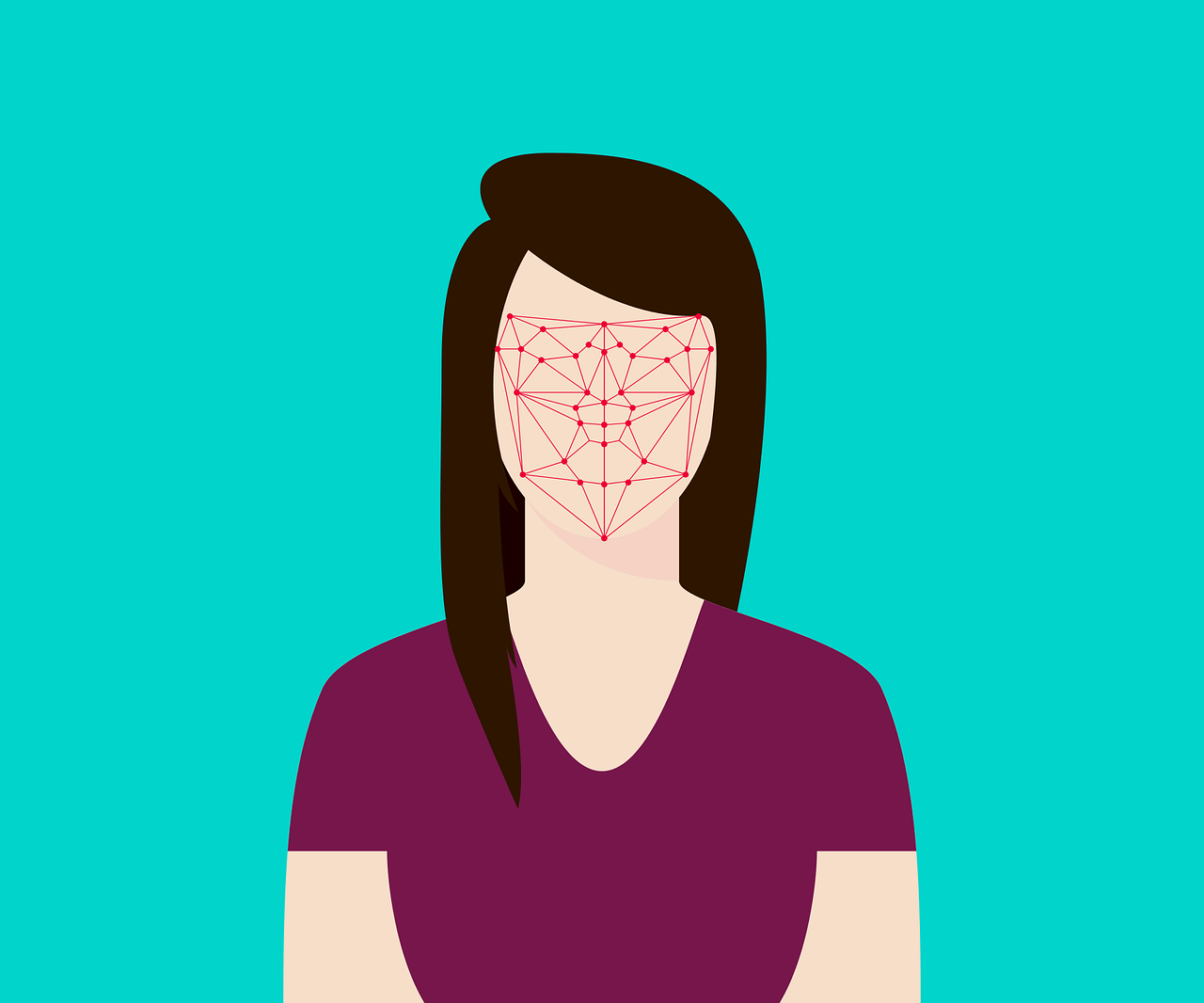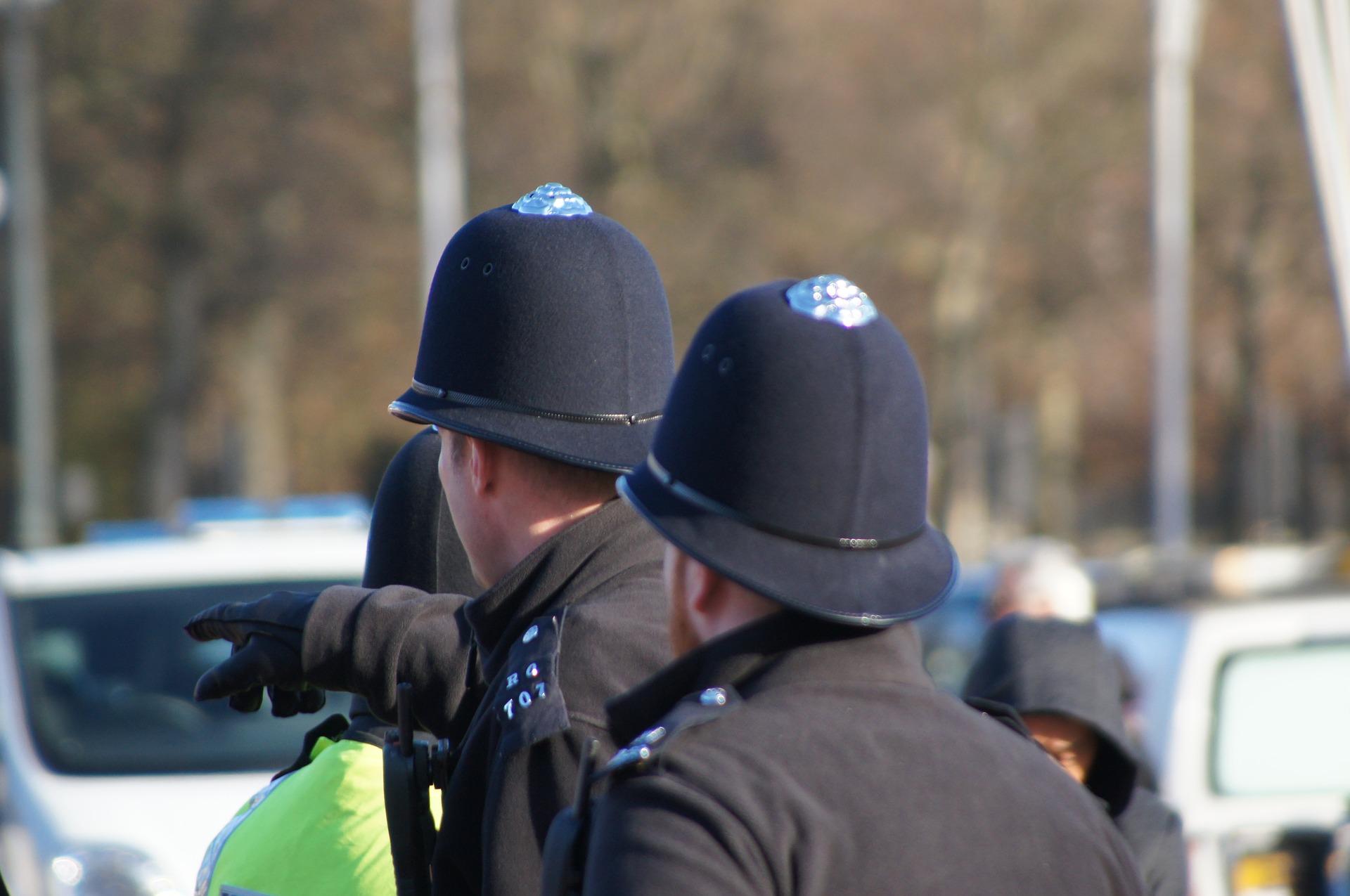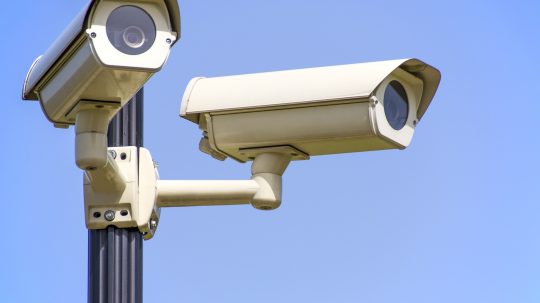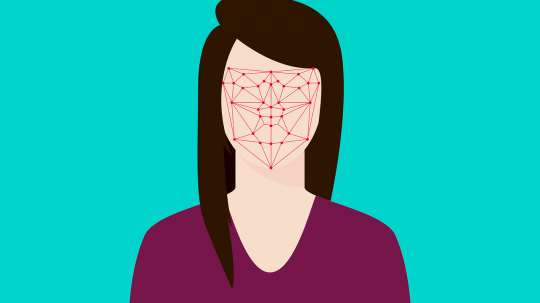The Metropolitan Police will start using live facial recognition (LFR) cameras operationally for the first time across London – despite privacy concerns.
The Met announced on Friday (24 January) that it will begin deploying the controversial technology in “selected locations” across the capital as soon as next month.
Human rights groups have described the move as a “breath-taking assault on our rights”.
The technology compares images of people’s faces against a database of people wanted by police. This includes vulnerable, missing persons – as well as crime suspects.
Police have said the cameras identified 70 percent of suspects.
But an independent report by Essex University academics found that 81 percent of ‘suspects’ flagged were innocent.
There are fears the technology discriminates against women and people of black and minority ethnic backgrounds.
Privacy campaigners Big Brother Watch have argued that police have failed to test how well their cameras work on non-white faces.
Silkie Carlo, director of Big Brother Watch, said: “This decision represents an enormous expansion of the surveillance state and a serious threat to civil liberties in the UK.
She added: “This is a breath-taking assault on our rights and we will challenge it, including by urgently considering next steps in our ongoing legal claim against the Met and the Home Secretary.
“This move instantly stains the new Government’s human rights record and we urge an immediate reconsideration.”

Activist Ed Bridges is current challenging South Wales police over the lawfulness of its use of LFR at the Court of Appeal.
High Court judges had previously ruled that, while this mass surveillance tool interferes with privacy rights, is it not unlawful.
Nick Ephgrave, the Met’s assistant commissioner, said: “We all want to live and work in a city which is safe: the public rightly expect us to use widely available technology to stop criminals.
“Equally I have to be sure that we have the right safeguards and transparency in place to ensure that we protect people’s privacy and human rights.
“I believe our careful and considered deployment of live facial recognition strikes that balance.”
The EU is currently considering a five-year ban on the use of facial recognition technology whilst it considers how to protect citizens’ privacy.




